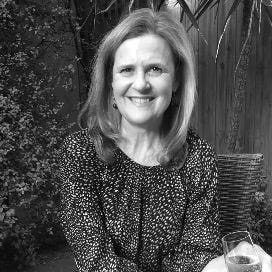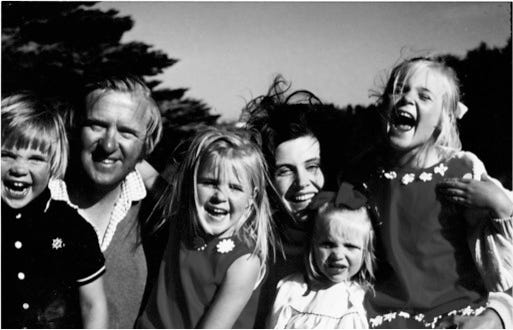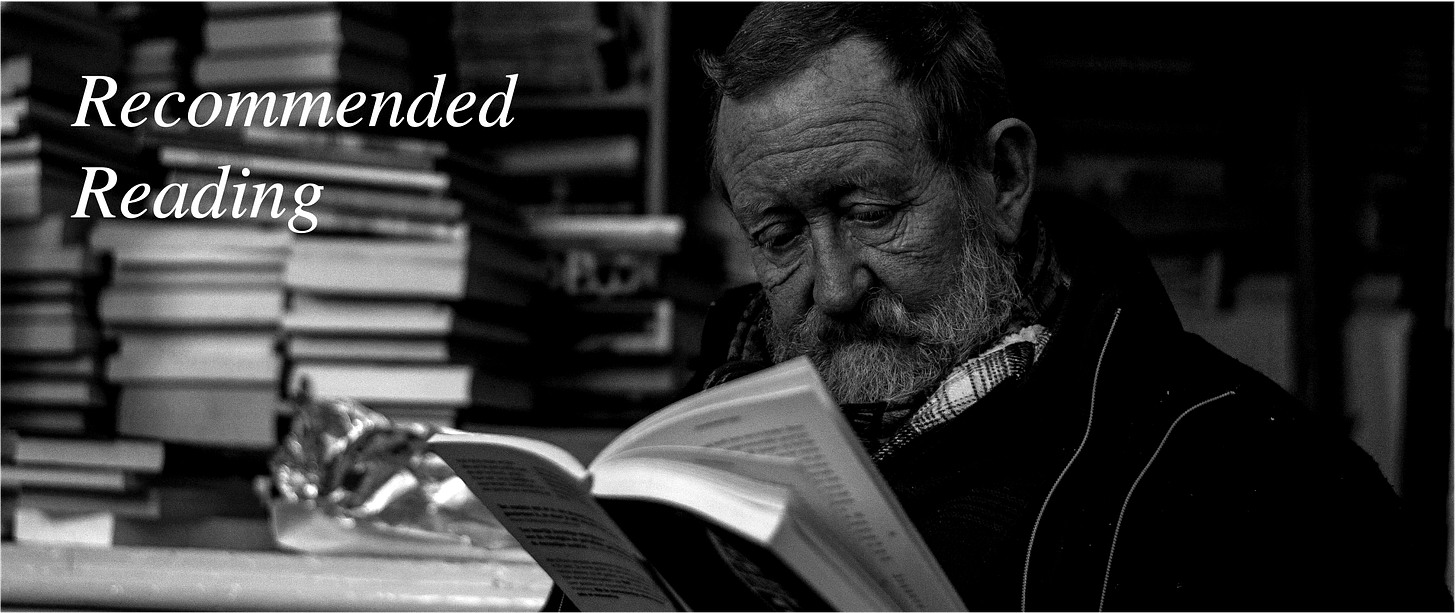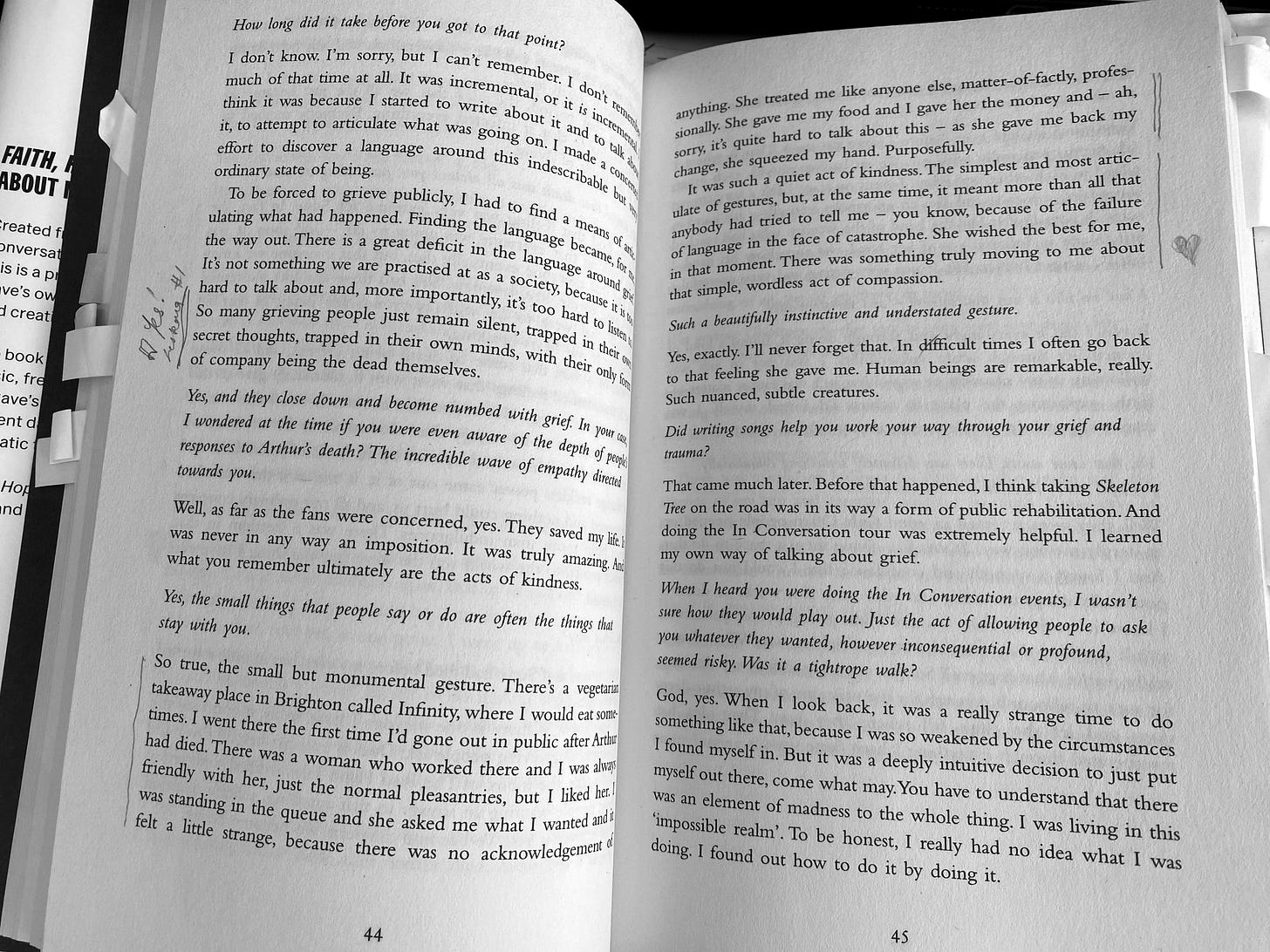How quiet attention can support grief
Simone Weil called attention the purest form of generosity. Why is it so important to grief and loss?
‘Attention is the rarest and purest form of generosity.’
- Simone Weil -
‘Attention is the rarest and purest form of generosity’ wrote philosopher, activist and mystic Simone Weil. Once described by Albert Camus as ‘the only great spirit in our time’, Weil believed that philosophy should be lived and experienced as it was espoused. Attention was a core tenet of her philosophy; bringing our authentic selves into presence with others, and offering our attention with honour, love and dignity.
She considered attention imperative to many aspects of life, including study, work and philosophy and most particularly to those who suffer. ‘Many who suffer feel exiled from the world… stripped of their humanity’ she wrote.
It’s an experience shared, I think, by many of us who’ve experienced grief. I lost my parents and my 16-year-old brother in a boating accident at nineteen and I recall an almost immediate sense of being alienated from the world—my friends, my extended family, my community.
For many years I yearned for someone to be present. Someone willing be with me at the outskirts of my pain. A friend who didn’t ask anything of me, but whose support would allow me to travel the vicissitudes of my grief. Someone to be my beacon when I felt able to return to the world. Such a friend was never found, and this is also a common experience.
When there is no-one, we are required to bury our grief and return to the world unhealed. As a consequence, we experience shame—a belief we must be grieving badly, a sense of no longer belonging. As trauma specialist Bessel van der Kolk warns, suffering left unattended will lead to chronic illness, depression and despair.
Attention—compassionate witnessing—is essential for any of us to return from a place of suffering. Weil tells us that attention requires us to see the person in their ‘naked truth’. ‘The capacity to give one’s attention to a sufferer is a very rare and difficult thing…’ wrote Weil, ‘Nearly all those who think they have this capacity do not possess it. The quality of the attention counts much… warmth of heart, impulsiveness, pity are not enough.’
The quality of the attention counts much… warmth of heart [is] not enough.
- Simone Weil -
I have often felt a conflicted sense of gratitude and despair towards friends who’ve attempted support but failed to see me. Most especially when they’ve tried to cheer me up or move me toward solutions as if to suggest my suffering indicates I’m doing it wrong and a peptalk is all I need. My sorrow becomes a problem to be fixed. It brings to mind the oft-espoused dismissal of a person who has self-harmed as ‘crying for attention’. The conclusion drawn that the threat is not material, and we should thus ignore their cries and carry on. It took me years to question why after learning of a ‘cry for attention’ we never asked, ‘how can we give attention and ease their suffering?’.
Weil believed attention shaped not only our relationships with each other, but with the world around us. More recently, Iain McGilchrist, in his book The Master and His Emissary concurs with Weil’s view: ‘The attention we bring to bear on the world changes the nature of the world we attend to…. in that way it changes the world’. William James in 1890 in his work, Principles of Psychology IV wrote, ‘My experience is what I agree to attend to. Only those items I notice shape my mind.’
Which implies we tend to view another’s experience from the perspective of our reality, rather than theirs. It’s this imposition of the self-view that places a barrier between us, and why Simone Weil believed true attention so difficult to achieve. It means attention is a deliberate and conscious action, a turning toward.
Attention is a deliberate and conscious action, a turning toward.
True attention is suspending thought, judgement, perhaps even feeling and empathy, so as we can allow ourselves to be fully present with an other. Weil said attention was not about warmth alone, but a practice of receiving the other as they really are. To be purposefully unimpeded by our knowledge, biases or personal experience. Attending is about listening beyond the words of the other.
As Tennyson described in his epic poem In Memoriam A.H.H. ‘words half reveal and half conceal the soul within… given in outline and no more.’ We often only ever hear the ‘story’ of one’s grief, rarely their experience of it. To understand their experience we need to attend beyond the words to the tonality and modulation of their voice, the movement of their body, the depth or shallowness of breath, the flow of energy between us.
When we give true attention, we open ourselves not only to the experience of an other but to something deeper about our humanity. For Weil it brought us into the ideal relationship of man with the universe. By this I suspect she means into relationship with nature, with our essence, with our humanity. She believed God was only to be found in the ordinance of grace, the beauty of nature and one’s neighbour. It’s what Nick Cave also observed in a theredhandfiles post when asked about love:
‘Loving attention illuminates the unseen. To truly see someone… acknowledges and forgives our common and imperfect humanity. Love enacts a kind of vigilant perception — whether it is to a partner, a child, a co-worker, a neighbour, a fellow citizen, or any other person one may encounter in this life. Love says softly — I see you. I recognise you. You are human, as am I.’
Love says softly — I see you. I recognise you. You are human, as am I.
- Nick Cave -
I believe the practice of loving attention should also encompass the self. During times of sorrow, we need to attend to our grief in a way that is observant—without bias or self-judgement or the perceived expectations of others. It’s about acknowledging openly how suffering feels in our body, how it shifts throughout the course of a day, or a week, or over the months and years.
It’s about attending to the inner voice that tells us where we are; that often tells us, should we wish to listen, we need longer with our sorrow than we feel prepared to give ourselves. It’s about granting ourselves time in nature, in relationship with the sky, the earth, the seas, the horizon. It's about reading poetry and prose that illuminate our own experience and lead us to understanding. It’s about listening to music that draws us in and offers solace.
When we lovingly attend to our suffering, we find within us an internal beauty. It is from this beauty we find the love that is intrinsic to grief and to healing.
The Stillness Room
The Stillness Room is a space I’ve created so that we might each explore the nature of grief and what it is to be human. It’s a search for meaning through literature, poetry, writing, music, art, philosophy, contemplation and connection, that I’ll share through regular (fortnightly) posts, inspirations, recordings and interviews. I’ll explore themes including how we experience grief, the need for witnessing, how to listen, the healing power of art, poetry and music, the search for meaning after loss, the inner stillness found in nature. I’ve created this space so you can attend quietly to your story, and if you wish to, join the community.
A space created, where you can attend quietly to your story.
In a few weeks, I’ll launch the Stillness Writers Room retreat, a 2-day virtual writing program for people who wish to put words to their grief. See below for more details and a link to register an EOI. Maximum 15 attendees.
I hope to build community here and invite you to reach out with your own story or to ask a question about grief or loss and anything you’d like me to address through this platform.
I’m new here and still pulling everything together, so it may be too early to contemplate paid subscription, but if you would like to spot me a coffee, every morsel of support will be deeply appreciated and will help me dedicate more time to this space.
Thank you for being here. And welcome.
Robynne x
Why I’m here…
Hi, I’m Robynne Berg. I’m a grief educator, writer and business consultant and The Stillness Room is a space I’ve created to explore grief and what it is to be human.
It’s a search for meaning through philosophy, literature, poetry, writing, music, contemplation and connection. It’s a journey into the awe and beauty that lies at the heart of our suffering.
In 1985, when I was 19, my parents and brother died in a boating accident. It is the cataclysm around which the rest of my life revolves. For many years I kept my grief buried under social norms and my search for meaning was kept on hold.
Then, in my early 50s—a time of reckoning for many of us—my cultivated façade crumpled to expose a cavernous grief that had lain curled in on itself for decades.
This led to the writing of a book—Between Two Waves—that explores my story and the nature of grief and healing. When I distributed excerpts of my book on social media I was overwhelmed by the response. People with their own stories, who had travelled the most significant experience of their lives in silence. The reached out, looking to share their story, to connect and find community.
I realised this was my where I needed to be—sharing what is most fragile and vulnerable and beautiful in me, and in each of us.
I created The Stillness Room to welcome others into a safe place to explore their own stories. I hope you will join the conversation and find your own way through whatever it is that brings you here. I trust this offers you a place of solace, inspiration, meaning and healing. And please share with anyone you think may enjoy this community.
Community Question
What does loving attention mean to you? Have you felt it before? If you could tell a friend how you would like them to attend to your grief, what would you ask for?
Faith, Hope & Carnage
Nick Cave & Seán O’Hagan
Faith, Hope & Carnage is an extended conversation between Nick Cave and journalist Seán O’Hagan, held during the long months of Covid lockdown, and gleaned from over 40 hours of recorded dialogue.
While the conversation traverses Nick’s life as a songwriter, musician and artist, at its heart, it’s a book about grief, healing, redemption and the search for meaning.
It’s the most generous and profound account of grief I’ve encountered. Nick’s openness in sharing his and his wife’s unfathomable loss of their teenage son, and how he experienced it (in his body, his work, his marriage) is incredibly moving. His slow and painful journey to redemption, and his sense of purpose and meaning is profoundly touching, illuminating and restorative.
It reads so close—so intimately— I often felt I was part of the conversation, evidenced by my annotations, including underlines, markings, sticky tags, scribbled comments and expressions of gratitude.
Even flicking through it to take this photo returned me to the same feelings of kinship, awe and gratitude I felt reading this book.
You do not need to be a fan of Nick Cave – you don’t even need to know who he is – to find this a thoughtful exploration of grief that is personally transformational and healing.
I’ll come back to Nick Cave and the many important themes he raises in this book, his music and theredhandfiles in this community.
If you have experienced profound grief, this book will offer solace, it’ll be your witness as you shape your own unique pathway through loss.
The theme of this first post is attention, and this book offers its reader just that – loving attention.
Loving Attention
This activity picks up on today’s theme and invites you to take some time to offer loving attention to yourself. Take about 15-20 minutes for this activity.
Take some time for yourself in a place that is comfortable and safe. It may be at home or somewhere in nature. Ensure you have 15-20minutes without interruption.
Sit down and take a few deep breaths, focusing on the exhalation. At the end of each exhalation, linger in the pause before inhaling. Allow your body to come into comfort.
Once you feel comfort, allow yourself to slowly attend to how you are feeling. Don’t search for words to describe it, don’t judge it, just sit with it. When your mind starts running away with thoughts, bring it gently back to how you’re feeling.
The idea is to attend to what you’re feeling in your body. What sensations do you feel in different parts of your body? For example, you may notice warmth or heat just under the ribs, it may feel like it’s buzzing with hot energy, or it may feel torpid. You may notice a tingling in your arms, a contraction in your upper back, or rippling heat across your face or chest.
All of these sensations are your body expressing itself beyond the words. Often these feelings are the body trying to tell us something important. Too often we fail to hear it because our minds are too busy and distracted. Or we fear the feelings and try to push them down, which leads to greater discomfort.
Remember not to judge or put words to what the feeling means, simply attend to ‘what is’. If at any point you feel overwhelmed, open your eyes, take some calming breaths and slowly take yourself back to the feeling, reminding yourself that you are safe.
As you attend to how you’re feeling, do you notice the sensations changing or moving? Is the feeling becoming more pronounced, is it dissipating, or moving elsewhere in your body? Stay with the feeling.
After a 5-10 minutes you might notice an easing in your body. Something feels lighter. You may feel more tender towards yourself.
If you don’t notice any changes or it feels a little over or underwhelming, that’s okay. This is something that will get easier the more often you try it.
After 15 minutes brings yourself back to your breathing. Spend about 3 minutes reflecting on your experience. You may like to record what you felt and experienced in a journal.
Try to practice this activity once or twice a week. After a couple of weeks you’ll feel more comfortable and you should start to find a sense of calm descends during the practice. This calm can be present even when we’re enduring profound grief or loss. The calm is the result of attending to our bodies and feelings and allowing them to be.
Feel welcome to share your experience undertaking this activity.
The Stillness Writers Room is a retreat for people who wish to put words to their grief. It’s a place for all writers—non-writers, emerging or professional—to work with self-enquiry and storytelling prompts to craft a written work to honour a grief— or other loss—and transform it into beauty.
The Stillness Writers Room retreat is a 2.5 day livestream writing program (via zoom). This is an intimate group with a maximum of 15 attendees. Alumni are then invited to join the SWR community.
The program will help you travel deep into the heart your story to develop your narrative and craft it into a piece of work whether an essay, memoir, short story, poem, prose, lyrics or journal.
Expressions of interest are currently open for the following dates.
Friday 20 June - Sunday 22 June, 2025
Friday 22 August - Sunday 24 August, 2025
(NB: discounts for paid subscribers).











Thank You Robynne - what a pleasure this was to read.
I've only started on Substack some 4/5 days ago in hope that my writing can resonate with others on here who are experiencing anticipatory grief with the added life experiences in between and how they're shaping me.
It was so nice to read this as where I'm currently living, there is nobody in my circumstances I can reach out to due to the island being so small - the internet and SubStack itself is becoming my breathing space 🌬️
Thank you - consider me as a Follower and Subscriber 😊 Appreciate its early in my SubStack journey but feel free to follow / subscribe to me back.
DJ 🪶